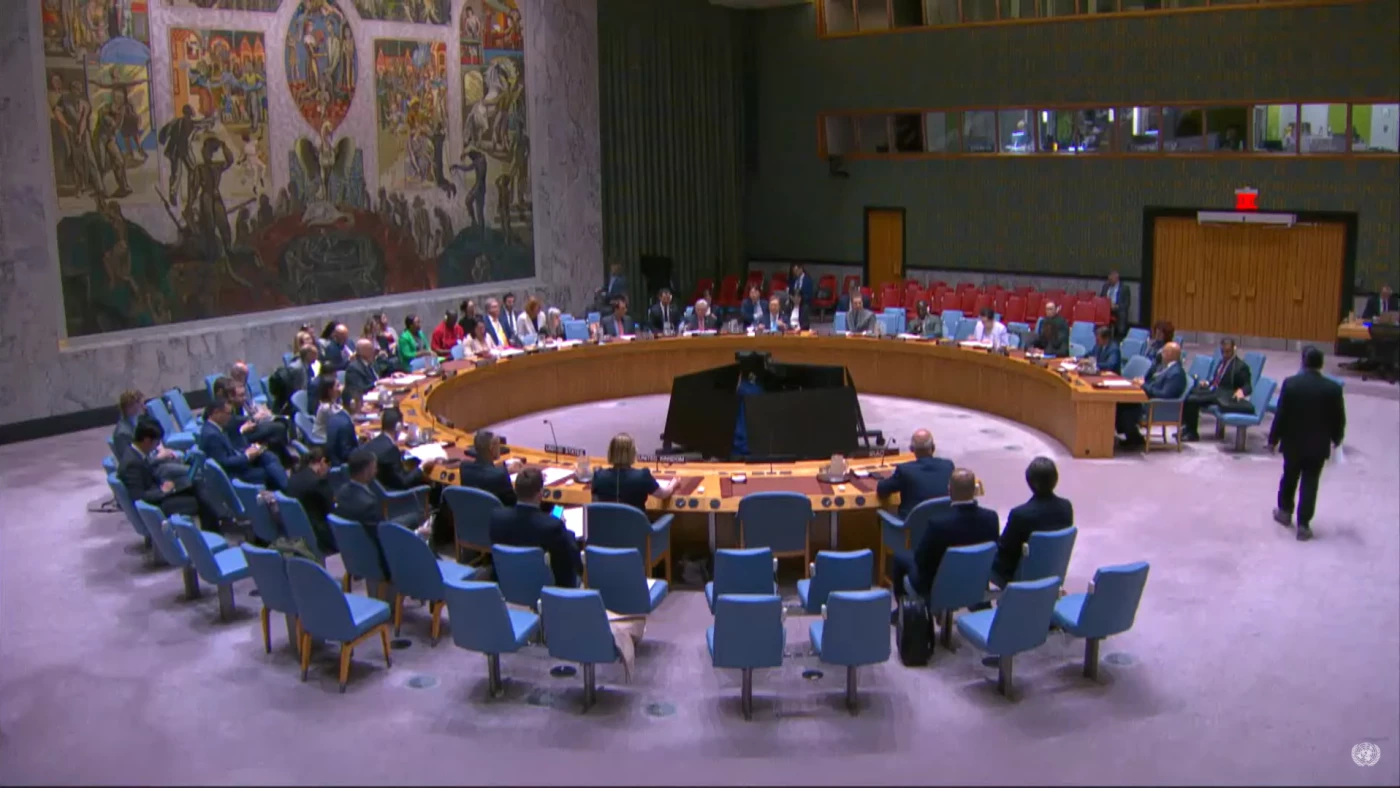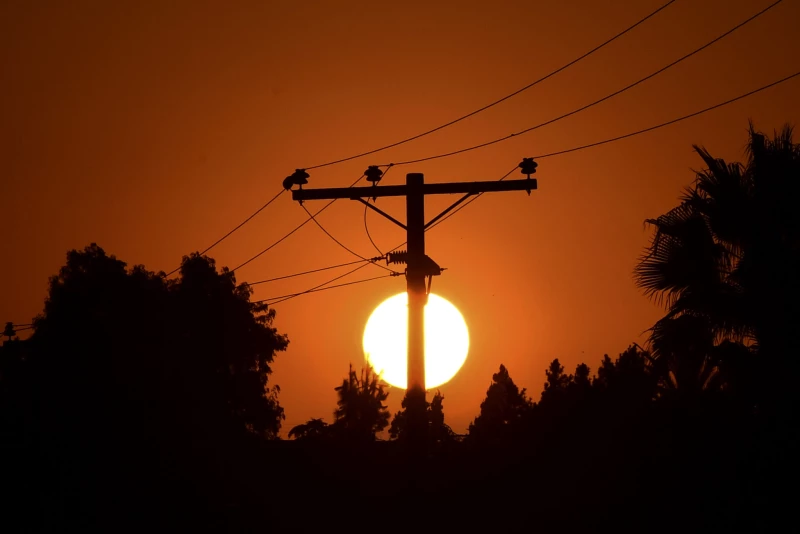ERBIL, Kurdistan Region of Iraq - United Nations ambassadors on Tuesday stressed the importance of the swift formation of the next Kurdistan Regional Government (KRG) cabinet, and the need to resolve outstanding issues between Erbil and Baghdad through constructive dialogue.
Briefing the UN Security Council on the situation concerning Iraq and its recent developments, Mohamed Al Hassan, head of the UN Assistance Mission for Iraq (UNAMI), addressed ongoing issues between the Iraqi federal government and the KRG, emphasizing the need for dialogue and collaboration.
Tensions have escalated between Erbil and Baghdad in recent weeks after the Iraqi finance ministry informed the KRG that it will no longer fund The Region for the remainder of 2025, claiming that Erbil has already exhausted its annual budget share. Kurdish officials have condemned the decision as a “collective punishment” of the people of Kurdistan Region.
“The Baghdad-Erbil relationship is a partnership that necessitates ongoing dialogue and collaboration, grounded in the constitution of Iraq, to effectively address and resolve any outstanding issues between the two sides,” said Hassan.
Similar thoughts were echoed by the ambassadors and representatives present at the meeting.
Iraq’s Permanent Representative to the UN, Abbas Kadhom Obaid, said that the relationship between Erbil and Baghdad “is based on dialogue and common understanding, and both parties are working to resolve differences through negotiation that is based on commitment to the constitution.”
Jay Dharmadhikari, France’s Deputy Permanent Representative to the UN, expressed his country’s call for “the continuation of constructive dialogue [between Erbil and Baghdad], specifically focusing on economic development,” stating that the interest of Iraq as a whole is at stake.
“To consolidate truly inclusive and stable political progress [in Iraq], it is imperative to address unresolved tensions, especially those involving the Kurdistan Region,” said Hwang Joon-kook, the Permanent Representative of the Republic of Korea to the UN.
Hassan also mentioned that the formation of the next KRG cabinet remains “pending”, six months after the parliamentary elections, noting that “the spirit of compromise, focusing on shared objectives rather than partisan division, is the key to overcome this protracted impasse.”
“There is no doubt in my mind that the concerned parties in the Kurdistan Region of Iraq will be able to form a component government that will serve the interests of the people of the Kurdistan Region of Iraq and Iraq at large,” Hassan added.
Evangelos C. Sekeris, Greece's Permanent Representative to the UN, welcomed the Kurdistan Region's holding of parliamentary elections in October as “a positive development.”
“Now it is crucial for the political leadership to work together for the swift formation of an effective Regional Government,” said Sekeris.
Asim Iftikhar Ahmad, Permanent Representative of Pakistan to the UN, stated that the “peaceful conduct of elections in the Kurdistan Region last year was a welcome step towards strengthening democratic governance,” expressing wishes for the swift formation of the next KRG cabinet through dialogue.
Caroline Quinn, UK Deputy Political Coordinator, said they continue to closely follow the efforts in the Kurdistan Region to form the next cabinet.
“This is vital for the stability of the KRI [Kurdistan Region of Iraq], and should ideally precede the federal elections. We hope that the political leaders and parties of the KRI can overcome their differences and form a government soon,” said the UK representative.
The Kurdistan Region held parliamentary elections on October 20, from which the Kurdistan Democratic Party (KDP) emerged victorious with 39 seats, followed by the Patriotic Union of Kurdistan (PUK) with 23 seats.
The two parties have held several meetings at various levels in recent months aimed at forming the next KRG cabinet. Both sides have repeatedly described their meetings as positive.


 Facebook
Facebook
 LinkedIn
LinkedIn
 Telegram
Telegram
 X
X



